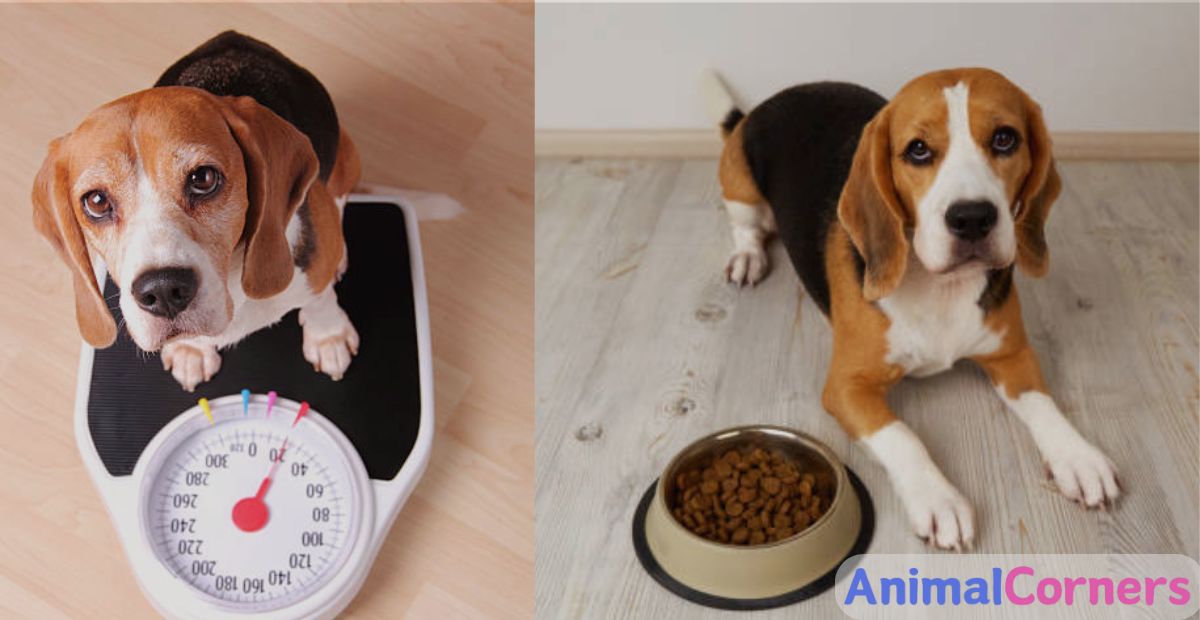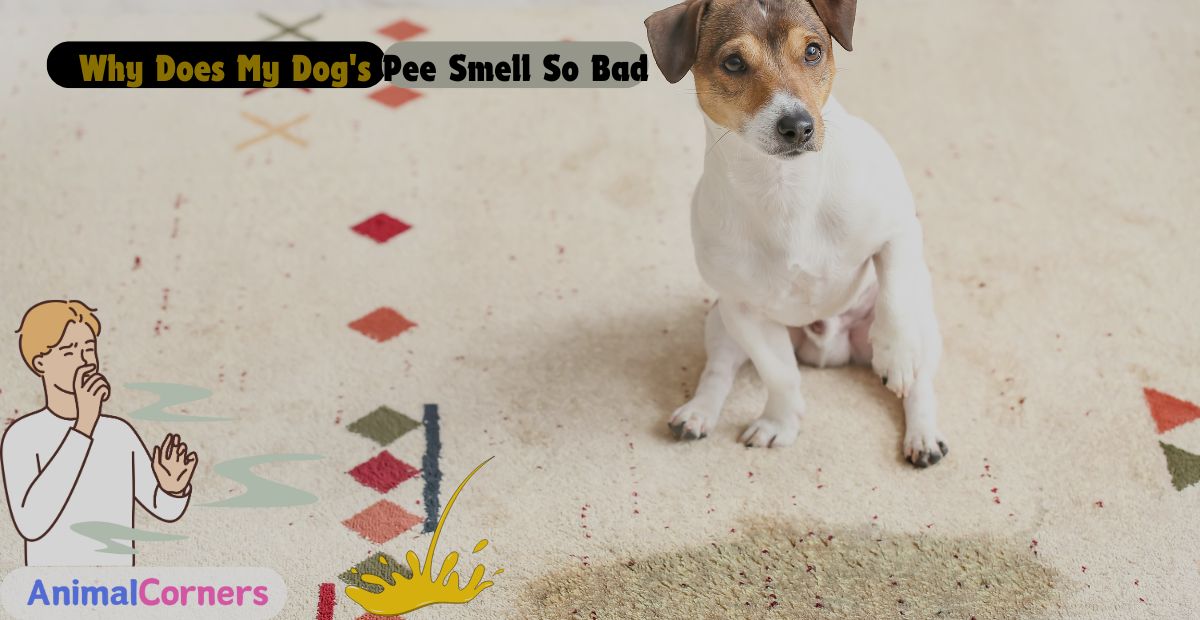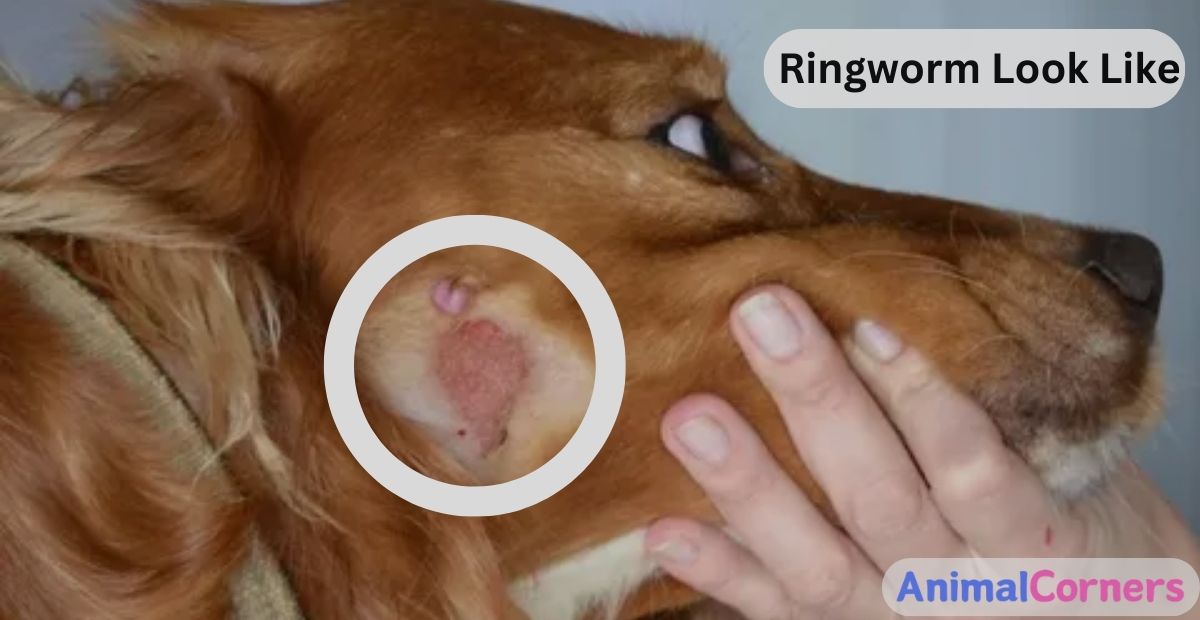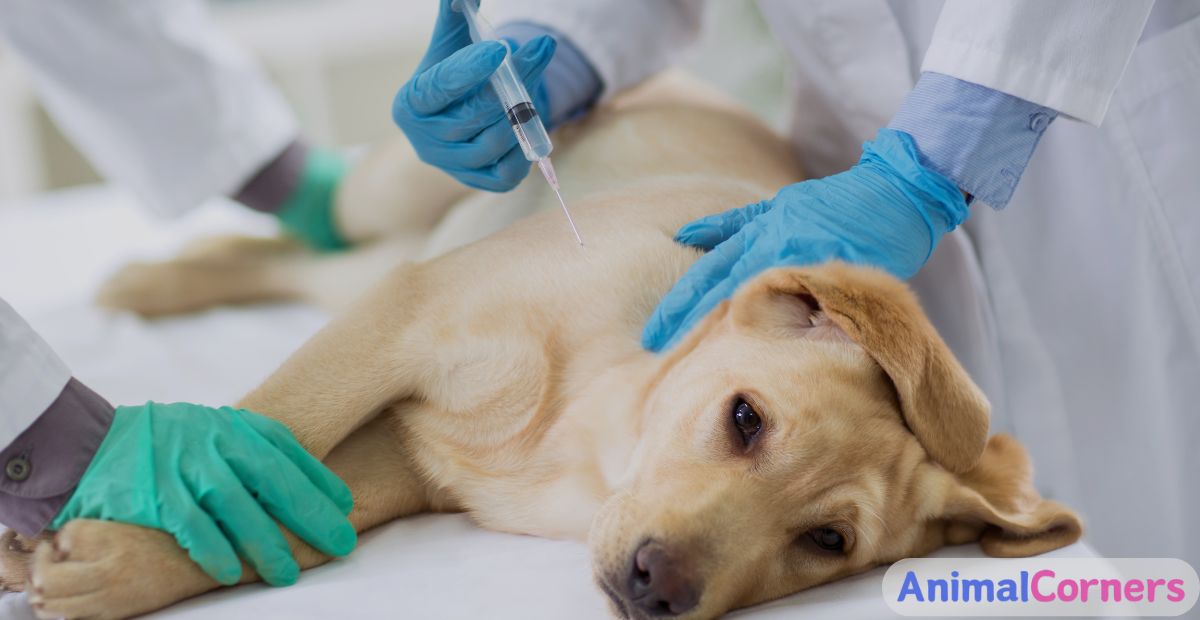Why Is My Dog Losing Weight?

Surprising weight loss in dogs is a common concern amongst pet owners. It can indicate various health issues, ranging from minor to simple conditions. Knowing the early signs of weight loss is crucial for your pet’s well-being. Weight loss strength is only sometimes apparent, particularly in dogs with thick fur or usually less active dogs.
However, observing changes in appetite, energy levels, and physical appearance can be serious pointers. Early discovery and intervention can make an essential difference in managing any fundamental health problems, confirming your dog remains happy and healthy.Why Is My Dog Losing Weight?
Regular check-ups with a veterinarian are vital to display your dog’s health and promptly address any concerns.
In this post, we’re talking about why your dog might lose weight, even when it’s not on purpose. If you notice your dog’s not as chubby or active as before, it could be a clue that something’s up.
From not eating enough to feeling sick, there are many details why your furry friend might be flaking pounds. Infect these hints early, and talking with your vet can help your dog stay happy and healthy.
Dietary Issues
Insufficient calorie intake
When a dog doesn’t get sufficient calories, it’s like a car running without enough gas—it can’t uphold its weight or energy levels. This might chance if the food isn’t meeting their energy needs. Consider very active dogs; they require more calories compared to less active pups. If they’re not getting these calories, weight loss is predictable.
Poor quality of food
Just like humans, dogs need nutritious food to stay healthy. If their diet consists mainly of low-value food, it power provide only some of the vital nutrients and calories they need. Think of it as eating junk food all the time; it fills you up but doesn’t feed you, leading to weight loss and possible health problems.
Not enough food being fed
Sometimes, the simple reason behind weight loss is that the dog is not fed enough food. Next feeding rules and adjusting as needed are essential based on your dog’s activity level, age, and health status. Imagine skipping meals often; over time, it would affect your weight, just as it does for dogs.
Competition for food in multi-dog households
In homes with more than one dog, some dogs might eat quicker or bully others away from the food bowl, resulting in uneven food delivery. This can reason some dogs to not get enough to eat, which is vital to weight loss. It’s like being the last in line at a buffet and learning all the good dishes are gone.
Changes in appetite due to age or other factors
Like people, dogs can knowledge changes in their hunger as they age or due to other factors like stress, environmental changes, or health issues. This can lead to less food intake and then, weight loss. It’s similar to how we might lose our hunger when stressed or not feeling well.
Food absorption problems
Even if a dog eats suitably, it might not be able to absorb all the nutrients from its food. This can transpire because of peptic issues or illnesses affecting the stomach system. It’s akin to eating a hearty meal but not helping from the nutrients because the body can’t process them correctly.
See Also:-Why Is My Puppy Breathing So Fast While Sleeping?
Health Conditions
Parasitic infections

Parasitic infections are one of the standard details your dog might be losing weight. As it sounds, this means tiny creatures like worms live inside your dog, taking away nutrients your dog needs.
If someone kept attractive bits of your lunch daily, you would finally start to feel the effects. Dogs can pick up these vermin from the environment, contaminated food, water, or fleas.
If your dog is losing weight, acting tired, or has a change in appetite, it might be dealing with parasites. The good news is, once these little scalawags are spotted, your vet can help get rid of them with medicine, helping your dog arrive to its happy, healthy self.
Internal parasites like worms
Internal parasites, like worms, are sneaky troublemakers that live inside your dog’s body. These parasites, including hookworms, roundworms, tapeworms, and whipworms, give the nutrients your dog wishes to live healthfully.
Imagine attracting a friend who eats all your favorite snacks; that’s what these worms do inside your dog. Dogs can get these worms from eating dirty soil, licking infected fleas, or, in puppies, sometimes from their mother.
Signs your dog’s strength have worms include weight loss, a bloated belly, lack of energy, and sometimes coughing if the plague is terrible. The good news is that a quick vet trip can help identify and treat these unwanted guests, returning your dog to feeling great.
Dental Problems: Pain or Difficulty Eating

When dogs have dental problems, eating can be sore and hard. Imagine having a toothache and trying to eat your favorite crunchy snack. It’s unpleasant, right? Issues like broken teeth, gum disease, or tooth decay can make meals challenging for dogs.
If your dog is quickly picky about food, eating slower than usual, or even ignoring meals, it might be a sign of dental worry. Like us, dogs need their teeth in good shape to eat right and stay healthy.
If you notice these signs, staying at the vet is to get those teeth checked, and pain managed, transporting back the joy of eating for your furry friend.
Serious Illnesses
Like people, dogs can get sick with serious illnesses that strength makes them lose weight. These aren’t just little colds or tummy aches; we’re speaking about big-deal health difficulties like cancer, heart disease, or diabetes.
Imagine your body is a machine, and quickly, some parts aren’t working right. It will cause some problems, right? That’s what happens with serious illnesses.
They can make your dog feel too sick to eat or make their body not right use food. If your dog is behind a lot of weight and seems tired or just not like them, it’s vital to see the vet. They can figure out if a major illness is a problem and help your dog start feeling better.
Kidney Disease
Kidney disease in dogs means their kidneys aren’t employed right to filter out waste from the blood and adjust body fluids. It’s like when a filter gets stopped in a fish tank; the water gets dirty. Dogs might drink more water, pee more often, seem tired, or not want to eat. Holding it early is crucial, so a vet visit is a good idea if you notice these signs.
Liver Disease
Liver disease in dogs touches the liver, making it hard for the body to filter nutrients and toxins. Imagine if a housework crew didn’t do its job; things would pile up. Symptoms can include staining of the skin or eyes (jaundice), vomiting, or weight loss. Like with any serious situation, early detection by a vet is vital.
Cancer
Growth in dogs can show up in many ways, reliant on where it strikes. It’s a chilling word, but not all dog cancers are supreme. Signs might be lumps, weight changes, eating less, or seeming less peppy. Treatment varies, so talking to a vet about the best action is essential.
Heart Disease
Heart infection in dogs can make it challenging for their hearts to pump blood right, affecting how they play and get around. If your dog is coughing, seems tired, or has trouble breathing, these could be signs of heart worry. Early vet intervention can lead to treatments that help manage the condition.
Psychological Issues: Depression
Yes, dogs can get the blues, too. Despair in dogs could mean they’re less happy about walks or playtime, drinking less, or sleeping more. It might happen after a major change or loss in their life. Offering extra love, attention, or even help from a vet can make a big difference.
Psychological Issues: Anxiety
Disquiet in dogs can look like lots of barking, finishing things at home, or temporary jittery, mainly when they’re alone or during loud noises like storms. It’s like being nervous before a big test. Uplifting them, creating a calm space, or getting advice from a vet can help ease their worry.
Lifestyle and Environmental Factors

Like people, dogs’ health can be meaningfully affected by their lifestyle and environment. Consider it the change between residing in a spotless, safe home with a lot of outside air and exercise as opposed to being caught in a restricted, messy space absent a lot of space to move.
Dogs that get regular exercise, eat a balanced diet, and live in a clean, safe environment tend to be better and happier.
On the other hand, dogs that are visible in polluted areas, eat poor quality food, or don’t get enough physical activity can face numerous health problems, from obesity to stress-related behaviors.
Confirming your furry friend has a healthy lifestyle and environment is serious enough to duck these issues.
Simple steps like maintaining your residing region clean, presenting a nutritious weight-reduction plan, and growing time for workout and play can notably change your dog’s fitness and proper-being.
Importance of Veterinary Consultation
When your dog shows indications of illness, seeking a veterinary discussion for a proper diagnosis and treatment plan is vital. Only a qualified vet can precisely determine what’s wrong and how to treat it, confirming your pet returns to their happy, healthy self as quickly as possible.
Potential Diagnostic Tests
- Blood Tests
Blood tests are often the first step. They can check for various issues, from infections to organ function, giving a broad picture of your dog’s health.
- Urine Tests
Urine tests help diagnose kidney problems, diabetes, and urinary tract infections, offering vital info approximately your puppy’s digestive and kidney fitness.
- Imaging Tests
Imaging assessments, like X-rays or ultrasounds, are crucial for searching the interior of your dog’s frame. They can spot tumors, bone fractures, and interior organ troubles, imparting a clean view of problems unseen to the bare eye.
Treatment Options to Address the Root Cause
- Dietary Adjustments
Sometimes, all your dog needs are dietary adjustments. A decent eating routine can frequently moderate medical problems, especially those connected with the septic framework or weight the board.
- Medication
Medication can treat everything from infections to chronic diseases. It’s vital for managing symptoms and drying ailments, openly tailored to your dog’s condition.
- Surgery, If Necessary
In a few instances, surgical treatment can be the first-class option, specially for troubles like cancerous growths or blocked intestines. It’s a more major measure but can be life-saving.
Frequently Asked Questions (FAQs)
Why is my dog losing weight but still eating and drinking?
On the off chance that your canine is dropping weight, notwithstanding, a regular inclination for dinners for feasts and water it can assign metabolic defilement, supplement malabsorption issues, or other hidden wellness circumstances. A veterinary examination is essential to decide the specific reason and fitting treatment plan.
Why did my dog get skinny all of a sudden?
Unexpected weight loss in dogs can be disturbing and is often a sign of severe health issues. Possible descriptions include acute infections, stomach problems, or more serious conditions like cancer. Stress and changes in the environment can also contribute to sudden weight loss.
What should I do if my dog is losing weight?
If your dog is behind in weight, closely monitor its eating and exercise habits. Make a note of any other symptoms like lassitude, vomiting, or changes in behavior, and consult a veterinarian as soon as likely. Only attempt to treat your dog with professional advice, as this could carelessly cause more harm.
What disease makes dogs lose weight?
Numerous sicknesses can purpose puppies to shed pounds, which includes diabetes, cancer, heart sickness, liver disorder, and belly problems. Parasitic infections and dental issues that lead to bad nutrient absorption or reduced urge for food can also bring about weight reduction.
Conclusion
In simple terms, if your dog is losing weight, it could be due to a bunch of dissimilar health issues, like trouble with their liver, cancer, heart disease, or even feeling sad or too anxious. Also, how they live – like what they eat, how much they play, and where they live – plays a big part in their health.
It’s vital to watch your dog and get them to a vet fast if they start losing weight without any seeming reason. Early help from a vet can ensure your dog receives the proper action, whether altering what they eat, giving them medicine, or maybe even surgery. Taking good care of your dog and spotting problems early can help keep them happy and healthy for a long time.




